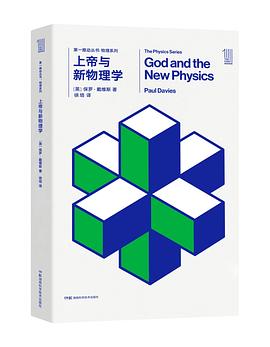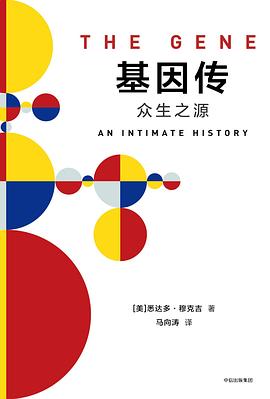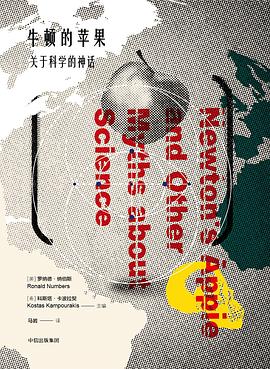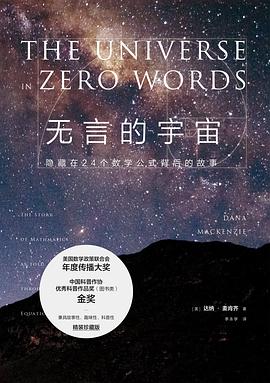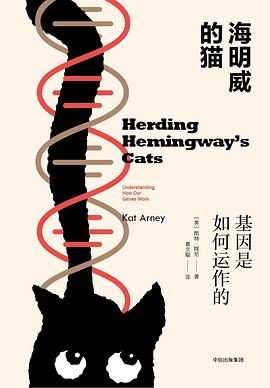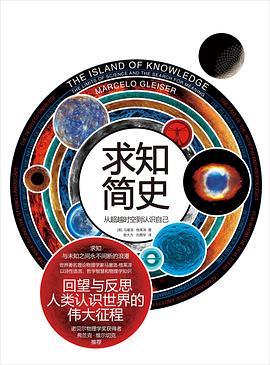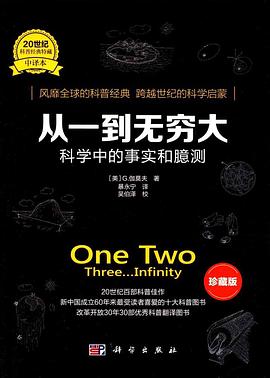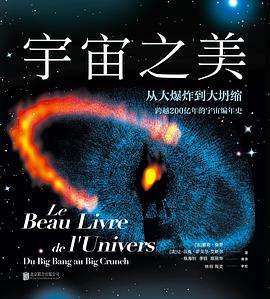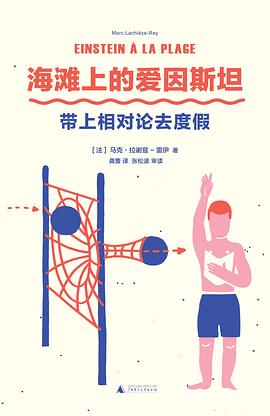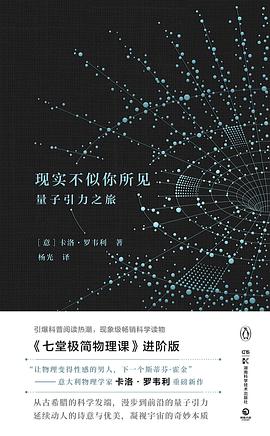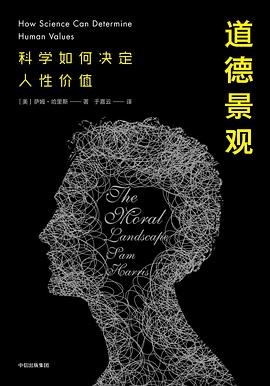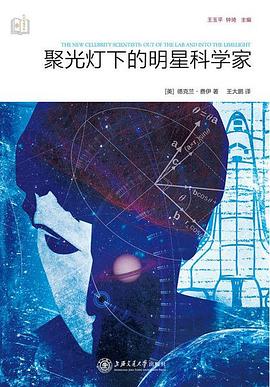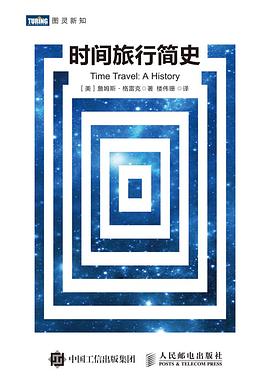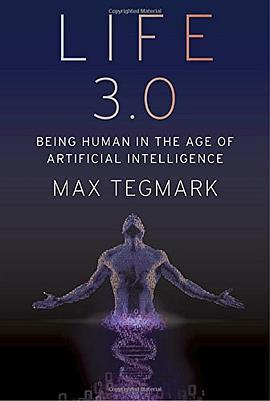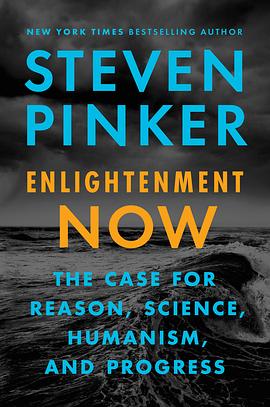

具體描述
Steven Pinker is the Harvard College Professor of Psychology at Harvard University. A two-time Pulitzer Prize finalist and the winner of many awards for his research, teaching, and books, he has been named one of Time‘s 100 Most Influential People and one of Foreign Policy‘s 100 Leading Global Thinkers. His books include The Stuff of Thought, The Better Angels of Our Nature, The Blank Slate, and The Sense of Style.
The follow-up to Pinker’s groundbreaking The Better Angels of Our Nature presents the big picture of human progress: people are living longer, healthier, freer, and happier lives, and while our problems are formidable, the solutions lie in the Enlightenment ideal of using reason and science.
Is the world really falling apart? Is the ideal of progress obsolete? In this elegant assessment of the human condition in the third millennium, cognitive scientist and public intellectual Steven Pinker urges us to step back from the gory headlines and prophecies of doom, which play to our psychological biases. Instead, follow the data: In seventy-five jaw-dropping graphs, Pinker shows that life, health, prosperity, safety, peace, knowledge, and happiness are on the rise, not just in the West, but worldwide. This progress is not the result of some cosmic force. It is a gift of the Enlightenment: the conviction that reason and science can enhance human flourishing.
Far from being a naïve hope, the Enlightenment, we now know, has worked. But more than ever, it needs a vigorous defense. The Enlightenment project swims against currents of human nature–tribalism, authoritarianism, demonization, magical thinking–which demagogues are all too willing to exploit. Many commentators, committed to political, religious, or romantic ideologies, fight a rearguard action against it. The result is a corrosive fatalism and a willingness to wreck the precious institutions of liberal democracy and global cooperation.
With intellectual depth and literary flair, Enlightenment Now makes the case for reason, science, and humanism: the ideals we need to confront our problems and continue our progress.
用戶評價
##比上一本angels容易懂的多?
評分 評分 評分##有些書難讀,但是讀下來還是能學到一些東西,所以還是值得。這本書文字流暢,但是看完沒覺得有什麼收獲,最多算雞湯,太長,所以是特大的一鍋雞湯!作者對現狀太樂觀,數據的選擇讓人生疑。以後蓋茨推薦的書要等一段時間再讀,水分太多。
評分##很難想象,如今我們竟然要為“理性、科學、人文主義和進步”尋找例證。很長時間以來,這些穩固的價值觀定義瞭我們的現代生活。多數人都以為,抨擊這些價值觀的人來自極端右翼分子:他們是進步主義的敵人、是反科學宗教運動的先鋒、是封閉心智的代錶。然而,史蒂芬·平剋(Steve...
評分##一 我記得有一個稱呼,叫“文科傻妞”。意思是,這些妞缺乏最基本的邏輯思維能力。這剛好對應最近有一個人錶示,是那些文科生沒有思考能力被人忽悠支持香港。很不幸,我現在搞社會學,也是一個文科傻X,但是不是妞。我忍不住停下來想,我是一個男的和女的有什麼區彆?無異,平...
評分 評分##感覺平剋是有一些問題的。讀的時候就意識到瞭,現在這種感覺更清楚瞭。 一、判斷力 科學不是絕對正確的,科學是去接近正確的方法。這一點並沒有異議,但平剋並沒有繼續強調相反方嚮的睏難:對於那些用慣瞭不科學的方法認識世界、過生活的人來講,科學方法也是很難掌握的。比如...
評分相關圖書
本站所有内容均为互联网搜索引擎提供的公开搜索信息,本站不存储任何数据与内容,任何内容与数据均与本站无关,如有需要请联系相关搜索引擎包括但不限于百度,google,bing,sogou 等
© 2025 book.tinynews.org All Rights Reserved. 静思书屋 版权所有



